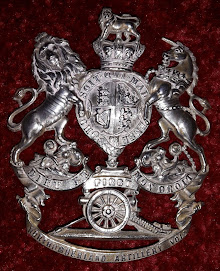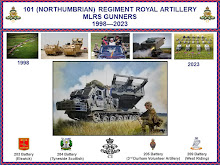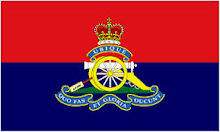 |
| Lt John Kipling Irish Guards Loos Memorial |
Rudyard Kipling was a keen imperialist, patriot and supporter of the war who wrote propaganda on behalf of the Government. On reaching an age when John could join the Army, Rudyard Kipling sought to obtain a commission for his son. Initially John Kipling was rejected by the Royal Navy due to poor eyesight, his father then used his influence for his son to be commissioned into the Irish Guards.
 |
| Lt John Kipling Irish Guards |
John Kipling was commissioned into the Irish Guards 15th
September 1914 (LG 15-Sep-1914 7303) from the Special Reserve of Officers. He arrived in France on 17th
August 1915 – just over 6 weeks later he was reported missing in action.
On 27th September 1915 during the Battle of Loos,
he was leading his platoon from the 2nd Battalion Irish Guards in the area of
Chalk Pit Wood, when according to the battalion War Diary he was wounded and
went missing.
His father Rudyard Kipling and mother Carrie launched a
search for their missing son. They visited war hospitals, interviewed soldiers
from the Irish Guards and sought help from all quarters in order to find their
son. Rudyard Kipling asked neutral ambassadors in Sweden to contact the Germans, as well as the Red Cross, to investigate if John had been found behind enemy
lines.
John Kipling’s whereabouts were not ascertained, and after
searching for 4 years Rudyard Kipling, in June 1919, wrote a letter to the Army
accepting that his son was dead.
John Kipling's name was added to the Loos Memorial which
remembers those lost in the area with no known grave. Rudyard Kipling died in
1936.
In 1992 the Commonwealth War Graves Commission confirmed
that the grave of a unknown Irish Guards Lieutenant buried in St Mary’s ADS
Cemetery, north of Loos-en-Gohelle, was that of John Kipling.
The headstone of an unidentified Irish Guards Lieutenant was
changed to Lieutenant John Kipling Irish Guards.
 |
| John Kipling Graves Registration Form |




























